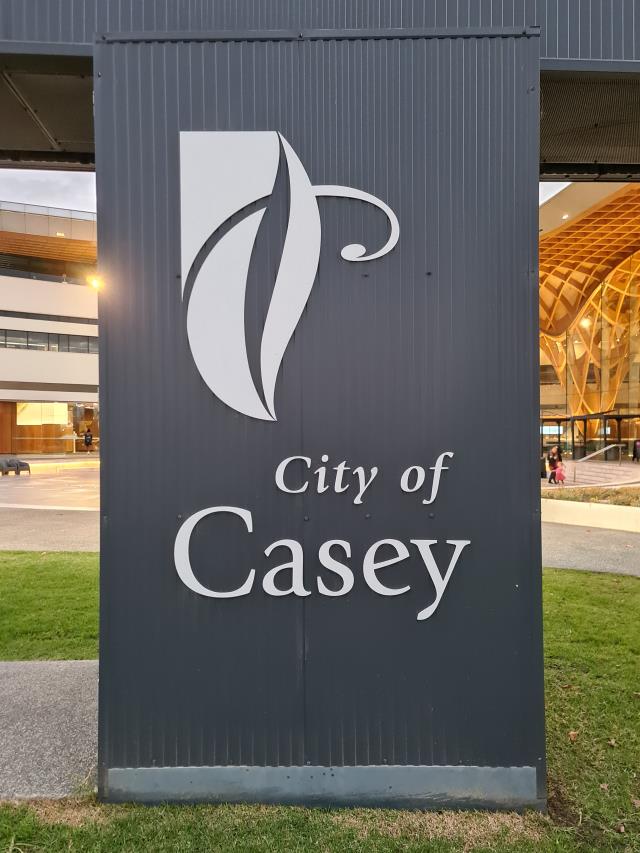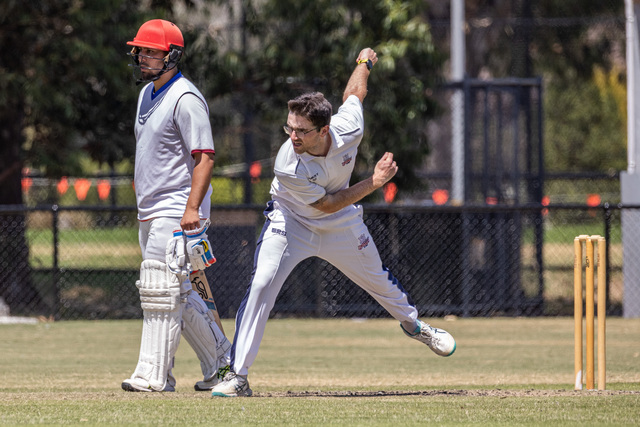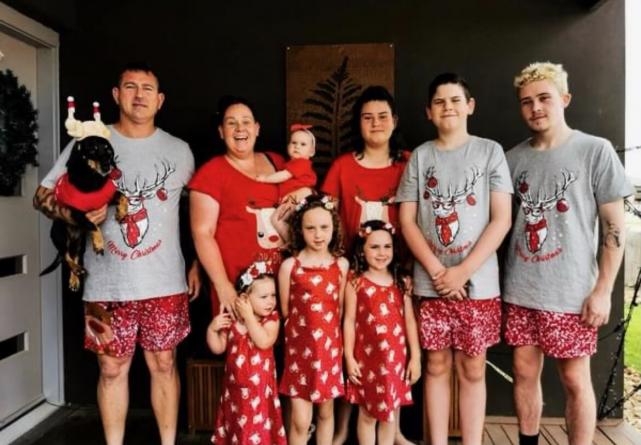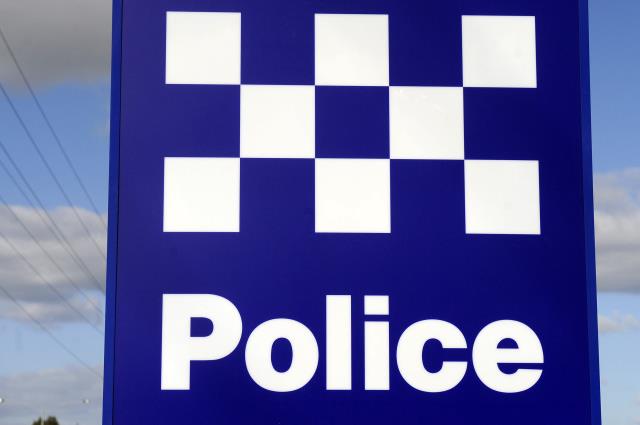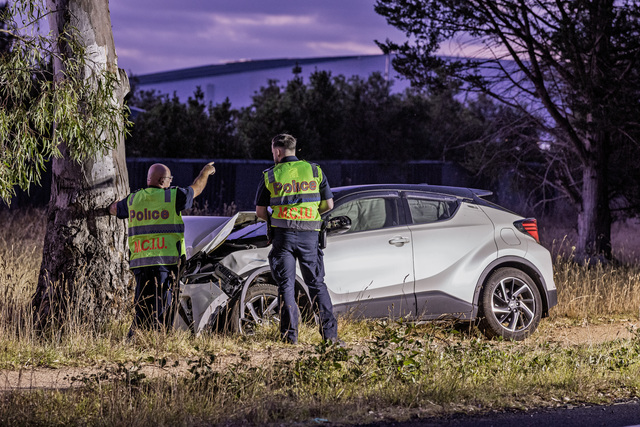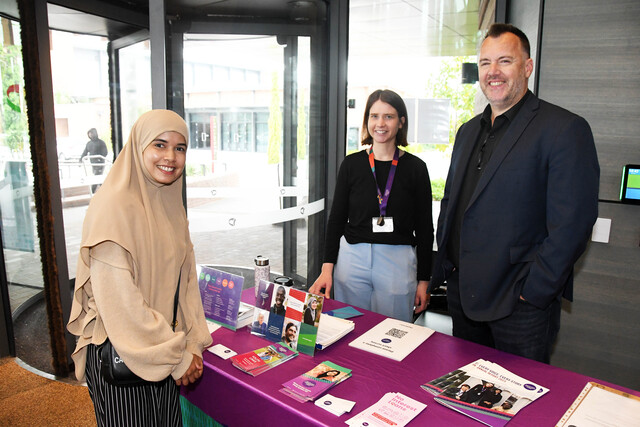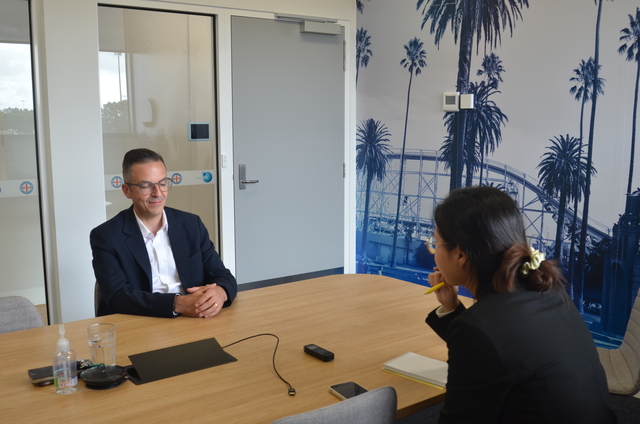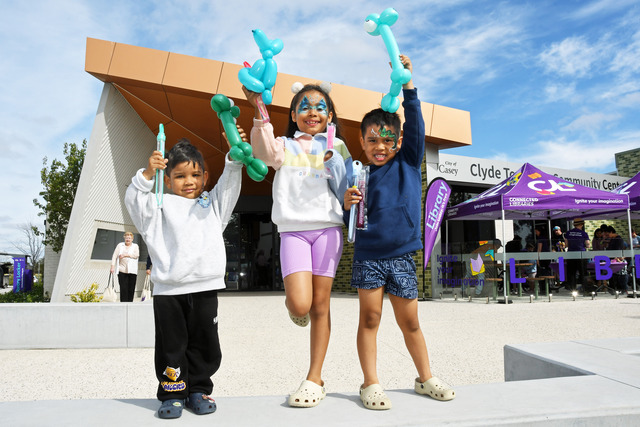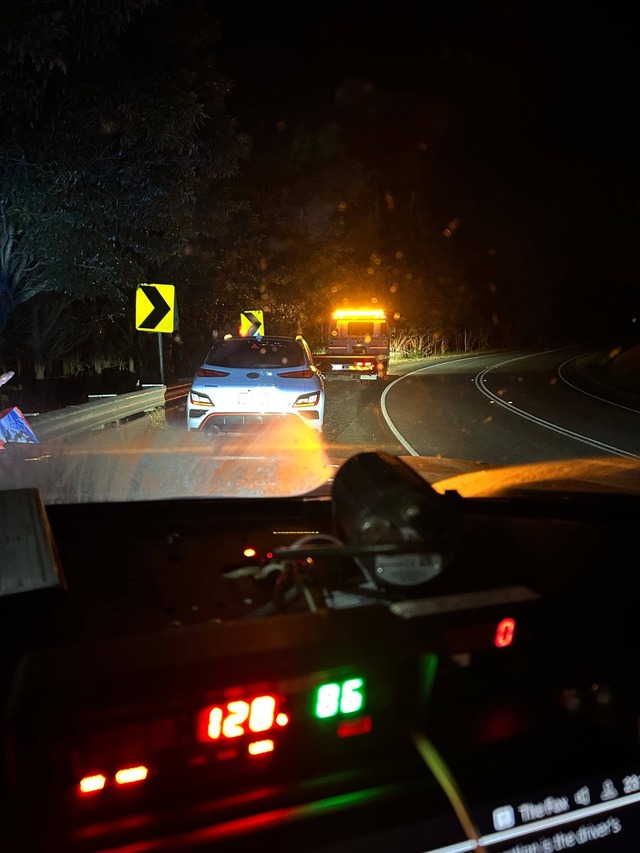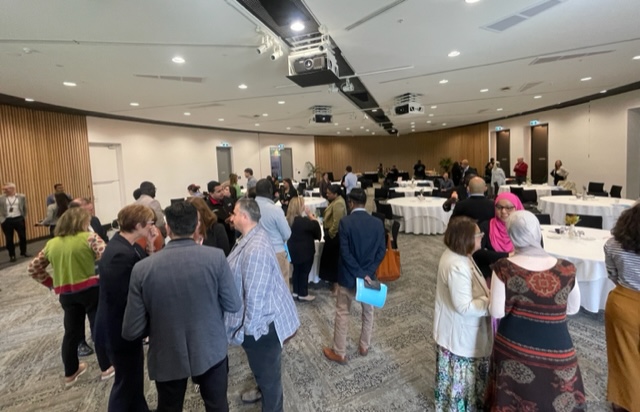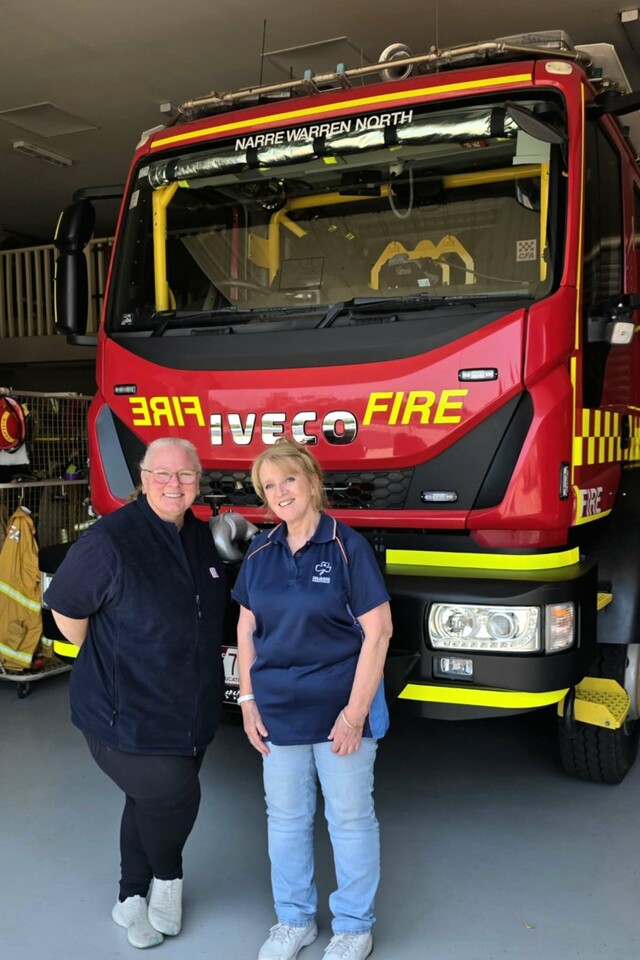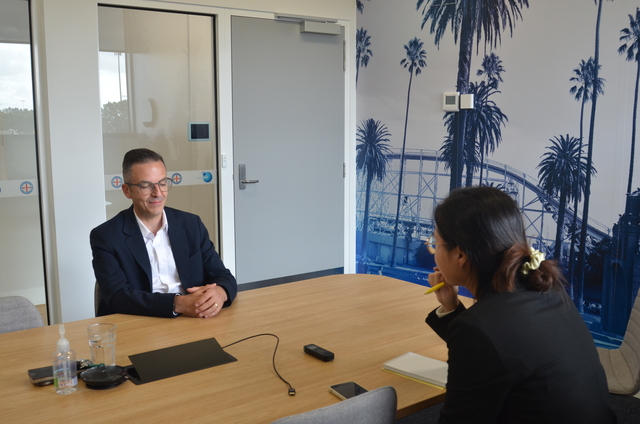The City of Casey has committed to procuring 100 per cent of the council’s corporate electricity supply through renewable energy sources, as part of the Victorian Energy Collaboration (VECO).
Joining 51 other councils from 1 July 2025, VECO represents the largest emissions reduction project undertaken by the local government sector in Australia.
Casey’s chair of administrators Noelene Duff PSM said electricity usage makes up approximately 73 per cent, or around 11,000 tonnes of CO2, of the council’s greenhouse gas emissions profile.
“Transitioning to renewable electricity will contribute significantly towards meeting our net zero target by 2030 for council operations, set out in Casey’s Climate Action Plan 2022-2030,” she said.
VECO will also provide cost-effective renewable energy generated by Victorian wind farms for the council’s operations through a renewable energy Power Purchase Agreement (PPA).
“Accessing VECO will help reduce council’s total emissions by at least 60,000 tonnes of CO2 over the five-and-a-half-year contract, putting council in a strong position moving forward,” Ms Duff said.
Adopted in February 2022, the Climate Action Plan maps the council’s strategic direction towards achieving their net zero emissions targets, which includes the council addressing climate changes through several methods.
One initiative is replacing approximately 8152 mercury vapour decorative street lights in parks, open spaces, and reserved with LEDs, another is the installation of solar PV and battery storage systems on council buildings.
The council is also looking to address climate changes by adding electric vehicles to its fleet, improving the energy and water efficiency of its buildings and infrastructure, transitioning gas-consuming buildings to all-electric and ensuring that all new refurbished council buildings have an environmentally sustainable design.
Furthermore, the council is looking to support and empower the local Casey community to reach the net zero emissions goal by 2040 through several ways.
These include access to Solar Savers, a local government initiative that aims to help residents and business owners cut their power bills and carbon footprint by installing solar.
Access to a $200 household energy efficiency rebate to reduce energy costs and improve thermal comfort is also one of the initiatives.
For more information visit the council’s sustainability and climate change website at www.casey.vic.gov.au/sustainability-climate-change

